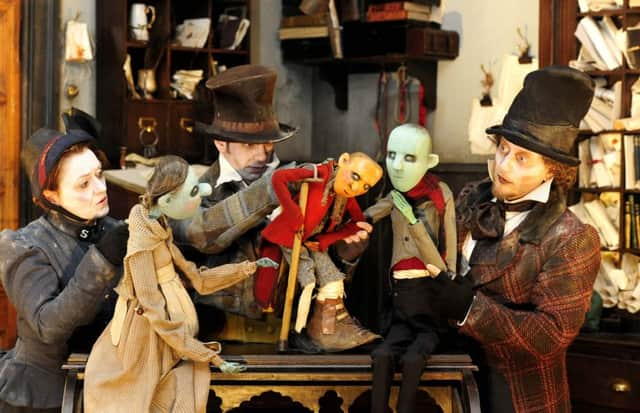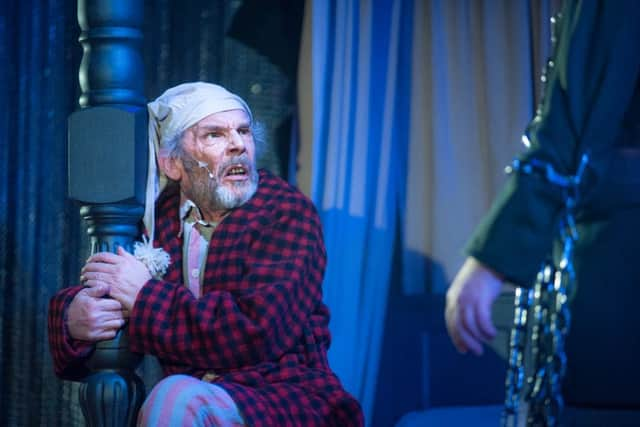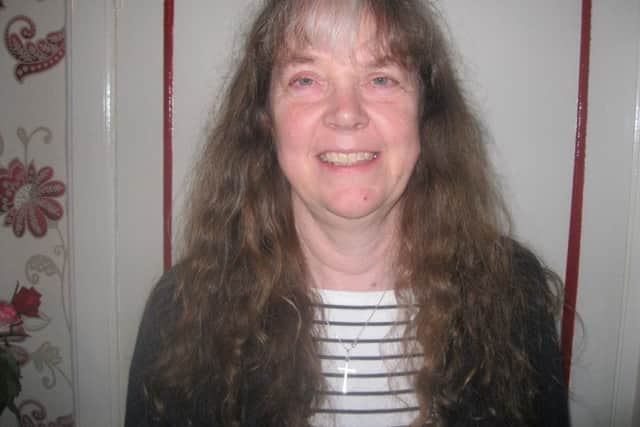Did Ebeneezer Scrooge come from Kirkcaldy?


It is believed that while out wandering around the city in 1841, killing time before he was to deliver a lecture to an audience of Edinburgh notables, Dickens visited the Canongate Kirk graveyard.
The episode was revealed by his diaries, which claim he saw a memorial slab which read: “Ebeneezer Lennox Scroggie - meal man”.
Advertisement
Hide AdAdvertisement
Hide AdThe description referred to his main trade as a corn merchant. However, the author, reading in poor light, mistakenly translated it as “mean man”.


Though he was shocked by the description, it gave him food for thought and two years later when ‘A Christmas Carol’ was published, art imitated life - or so the author believed.
In real life Ebeneezer Scroggie was nothing like his literary counterpart, and was apparently a lively and generous man who liked alcohol and hosted wild parties.
Scroggie was born in Kirkcaldy in 1792 and his mother was the niece of Adam Smith, the 18th century political economist and philosopher.
Advertisement
Hide AdAdvertisement
Hide AdHe was a vintner as well as a corn merchant and won the catering contract for the visit of George IV to Edinburgh in 1822, the first British monarch to visit since Culloden.


He also secured the first contract to supply whisky to the Royal Navy.
Peter Clark, a political economist and former Conservative ministerial aide who researched the story, said: “Scroggie was not mean-spirited, but he did attract the admonition of the Church of Scotland by having a child out of wedlock to a servant in 1830.”
But perhaps Scroggie’s most noteable claim to fame was when he dramatically halted proceedings at the General Assembly of the Church of Scotland, when he grabbed the buttocks of the Countess of Mansfield during a particularly earnest debate.
Mr Clark added, “It fairly dampened the proceedings.”
Advertisement
Hide AdAdvertisement
Hide Ad

Rosemary Potter, chairman of the Kirkcaldy Old Kirk Trust and a member of Kirkcaldy Civic Society, has also done some research into the story.
She said: “There’s no doubt that Ebeneezer Scroggie did exist, and that he was nothing like Ebeneezer Scrooge.
“To prove the authenticity of the story about the origins of Scrooge, we would have to see what was actually written in Charles Dickens’ diaries.
‘‘We have tried to find out the whereabouts of them, but haven’t been able to.
Advertisement
Hide AdAdvertisement
Hide Ad

“However, it is a nice story and is widely told by many historians, so Kirkcaldy can definitely lay claim to being home to the real Ebeneezer Scrooge!”
Published in 1843 ‘A Christmas Carol’ was probably the most popular piece of fiction that Charles Dickens ever wrote.
It tells the tale of the miserly Ebeneezer Scrooge, who transforms his worthless life when he is visited by three ghosts.
Beyond merely urging his readers to not be miserly, Dickens also aims to promote the importance in taking notice of the lives of those around us and interacting with them.
Advertisement
Hide AdAdvertisement
Hide Ad“It is required of every man that the spirit within him should walk abroad among his fellow-men, and travel far and wide; and, if that spirit goes not forth in life, it is condemned to do so after death.”
Throughout his life, Dickens was involved in charity work and social issues. He was concerned with impoverished children who turned to crime in order to survive, and believed education was the way to escape their poverty.